Running a small business is like playing a constant game of chess. Every move we make needs to be calculated and strategic to ensure our success. One of the most important moves we can make is choosing the right CRM solution for our business.
As Warren Buffet alluded to, “In business, I look for economic castles protected by unbreachable ‘moats’.” A CRM system acts as one of those ‘moats’ that protect our businesses from competitors and inefficiencies.
However, with so many options available in the market, it can be overwhelming to choose which CRM solution is best suited for our specific needs. That’s why we’ve put together this guide on how to choose the right CRM solution for your small business.
We will walk you through identifying your business needs, must-have features, implementation and support process, as well as provide an overview of different CRM options available in the market today.
So let’s get started on building your economic castle with an unbreachable moat!
Overview
You probably want to know what this article covers so you can make an informed decision about which customer management tool is best for your company. Well, in this article, we will be discussing how to choose the right CRM solution for your small business. We understand that running a small business can be challenging and this is why we have put together this guide to help you select the best CRM software that suits your business needs.
The first step towards choosing the right CRM solution for your small business is to identify your business needs. This means taking a closer look at what type of data you need to collect, who will use the system, and what features are essential for managing customer relationships. By understanding these factors, you can narrow down your options and focus on finding a solution that meets all of your requirements.
Identify Business Needs.
Identifying the needs of your company is essential to finding a CRM that will enhance productivity and streamline operations. Take the time to evaluate which areas of your business can benefit from a CRM system. Are you struggling with lead management? Do you require assistance with customer retention? Are you looking for better ways to track sales performance? Once you have identified these pain points, it will be easier to narrow down the list of potential CRM solutions that can cater to your specific needs.
After identifying your business needs, the next step is to determine which features are essential for your organisation. Some common features include contact management, lead tracking, sales forecasting, and reporting. However, not all businesses require these same features. Consider what functions are crucial in achieving your goals and ensure that any potential CRMs on your shortlist offer those capabilities. By taking these steps, you will be well on your way to selecting a CRM that meets both the present and future requirements of your small business.
Must-Have Features.
Get excited about discovering the essential features that will revolutionise how you manage your customer relationships and take your business to new heights. As a small business, it’s important to have a CRM solution that caters to your specific needs. Some must-have features include contact management, sales forecasting, lead tracking, and marketing automation. These features not only help generate leads but also provide insights into customer behaviour and preferences.
In addition to these core functionalities, it’s important to look for a CRM solution that integrates with other tools such as email clients and social media platforms. This integration makes it easier for businesses to stay connected with customers across various channels while streamlining communication between teams. With these features in place, you can focus on building long-term relationships with customers rather than being bogged down by administrative tasks. Speaking of which, let’s talk about implementation and support…
Implementation and Support
Now that we have a list of essential features for our CRM system, it’s time to look into the implementation and support options that are available. For small businesses with limited resources, the process of implementing a CRM solution can be daunting. However, with the right guidance and support, this transition can be made smoothly.
When selecting a vendor, it’s important to consider their level of customer support. Do they offer training sessions or have a dedicated customer service team? Proper training and support throughout the implementation process is crucial to avoid frustration and potential setbacks. It’s also important to ensure that the vendor provides ongoing support after implementation, in case any issues arise or updates are needed. With the right support and guidance, your new CRM system will become an essential part of your business operations.
Moving forward, let’s explore the various CRM options available for small businesses.
CRM Options
Let’s have a look at some of the different options available for implementing a CRM system that will help streamline your business operations and improve customer relationships. There are several types of CRM solutions to choose from, including on-premises, cloud-based, and hybrid systems. On-premises solutions require hardware and software to be installed on-site, while cloud-based solutions are hosted remotely and accessed through the internet. Hybrid systems combine both on-premises and cloud-based components.
When choosing a CRM solution, it’s important to consider factors such as cost, scalability, security, and ease of use. Cloud-based solutions tend to be more affordable and scalable than on-premises options since they don’t require expensive hardware or IT staff to maintain them. However, if you have specific security requirements or need more control over your data, an on-premises solution may be a better fit. Ultimately, the right CRM solution for your small business will depend on your unique needs and goals.
Frequently Asked Questions
What is the average cost of a CRM solution for a small business?
When it comes to the average cost of a CRM solution for a small business, it really depends on the specific needs and requirements of your company. Generally speaking, there are a range of pricing options available in the market, from free or low-cost basic plans to more expensive premium packages with advanced features.
Some providers may also charge additional fees for add-ons or customisation services. It’s important to carefully evaluate your budget and priorities before selecting a CRM solution that fits your business goals and objectives.
Can a CRM solution integrate with other business software such as accounting or marketing tools?
Okay, let’s have a chat about CRM integration! It’s common knowledge that businesses these days depend on various software applications to manage their operations. From accounting tools to marketing automation software, there are numerous solutions available that aim to streamline different aspects of business.
However, can a CRM solution be integrated with other business software? Absolutely! In fact, many modern CRM solutions provide a seamless integration with popular apps and platforms so that you can keep all your data in one place. This means that you can easily track customer interactions, sales data, and more without having to switch between multiple programs.
Furthermore, integrating your CRM with other tools can help you automate certain tasks and workflows, saving you time and resources in the process. Therefore, if you’re searching for a comprehensive solution that works well with others, it’s worthwhile considering a CRM system that offers robust integration options.
How long does it usually take to fully implement and train employees on a new CRM system?
Implementing a new CRM system can require some time and effort, but the advantages are certainly worthwhile. Our experience suggests that it typically takes approximately 2-3 months to fully implement and educate employees on a new CRM system. This encompasses entering all required data and customisations, as well as providing comprehensive training for all users. It is vital not to rush the process – taking the time to properly implement and train will ensure that your team has the knowledge and tools they need to maximise the benefits of your new CRM solution.
Can a CRM solution be tailored to meet the specific requirements of a business?
It’s fascinating to learn that 91% of companies with more than 11 employees use a CRM system.
When it comes to customising a CRM solution for specific business needs, the answer is yes! Most CRMs are designed with the flexibility to tailor certain features and functions depending on your business requirements.
This enables you to streamline your processes, automate tasks, and gain valuable insights into customer behaviour. By assessing your company’s unique needs and goals, you can work closely with your vendor or internal IT team to customise a CRM that will help optimise your operations and maximise ROI.
Remember, finding the right CRM solution is essential in keeping up with today’s competitive market – so take the time to explore all available options!
What are some common pitfalls to avoid when selecting and implementing a CRM solution?
When choosing and implementing a CRM solution, there are common mistakes that must be avoided. Firstly, selecting a system without considering the specific needs of our business can lead to inefficiency and frustration.
Moreover, not involving all stakeholders in the decision-making process can cause resistance to adoption and hinder successful implementation. It is also crucial to ensure that the chosen solution integrates smoothly with existing systems and data, and to provide adequate training and support for users.
Finally, failing to regularly review and update the system can result in outdated or inaccurate information being used for decision making. By avoiding these errors, we can successfully implement a CRM solution that meets the unique needs of our small business.
Conclusion
To summarise, selecting the appropriate CRM solution for your small business is a crucial step in achieving success. It necessitates a comprehensive understanding of your business requirements and essential features that match them. After identifying these factors, it is necessary to investigate implementation and support options.
Do not be hesitant to conduct your own research and seek professional counsel. Investing in the appropriate CRM system can significantly enhance your overall productivity and customer satisfaction levels.
Remember, Rome was not built in a day, so take the time you require to make an informed decision. As the adage goes, ‘time is money,’ and in today’s fast-paced world where every minute counts, having the right CRM solution can save you both.
So, do not wait any longer; start exploring your options today!









